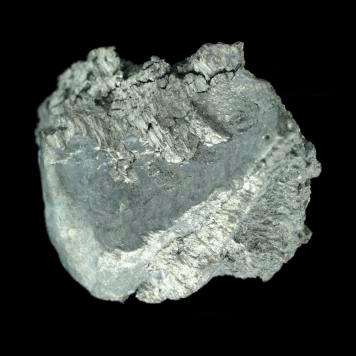◊
◊
◊
◊



| Y | Z = 39 | ◊ ◊ ◊ ◊ ◊ |
Yttrium | |
| From the Swedish "Ytterby", meaning "outer village" | ||||
| (AM) Atomic Mass | 88.90585 amu | ♦ | +3 | |
| 3337 °C | ♦ | 1523 °C | ||
| 4.457 g/cm3 | ♦ | Hexagonal | ||
| 1.3 | ♦ | 1.62 Å | ||
| Solid | ♦ | (C) Heat Capacity | 0.298 J/g °C | |
| Electronic-Config | [Kr] 4d1 5s2 | ♦ | 615.57 kJ/mol | |
| 365 kJ/mol | ♦ | 11.42 kJ/mol | ||
| 1794 | ♦ | Finland | ||
| (E°) Standard Potential | Y3+⇔ Y (-2.372 V) | |||
| Stable isotopes | 89Y | |||
| Discovered/Synthesized by | Johan Gadolin | |||
| Natural Source | The mineral/ore bastnasite, monazite, loparite | |||
| Common Uses | Phosphors in color tvs, lasers, furnace bricks, high-temperature superconductors | |||
| Other Info | Named after the small Swedish town of Ytterby | |||
Previous Element |
 |
Next Element |
||
| Back to Table |
Common Properties |
|||
| Home Page |
Definitions |
|||